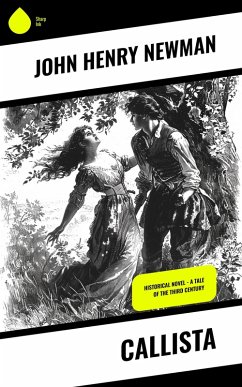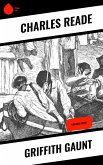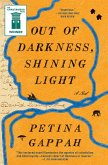In "Callista," John Henry Newman eloquently weaves a narrative that interlaces the themes of faith, love, and the struggles of early Christian believers amidst the complexities of the Roman Empire. Written in a richly descriptive prose style, Newman employs a blend of historical fiction and wistful romanticism to explore the life of a young Christian woman, Callista, caught between her blossoming faith and the allure of the pagan world. Set in North Africa, the novel reflects Newman's deep theological insights and serves as a contemplative meditation on the transformative power of faith in individual lives, drawing from his extensive knowledge of ecclesiastical history and Christian doctrine. John Henry Newman, a prominent theologian, cardinal, and an eloquent voice in the Oxford Movement, was deeply influenced by the tensions of faith and intellect. His own conversion to Catholicism and his commitment to education and moral philosophy profoundly shaped his writing. "Callista" emerged during a period when Newman sought to bridge the chasm between the secular and the sacred, illustrating his belief in the compatibility of reason and faith. This book is essential for anyone interested in the spiritual and intellectual currents of 19th-century Christianity. Newman's rich narrative and complex characters invite readers to reflect on the nature of faith, love, and commitment. "Callista" stands not only as a work of fiction but as a spiritual examination relevant to modern readers seeking deeper understanding of faith's role in human experience.
Dieser Download kann aus rechtlichen Gründen nur mit Rechnungsadresse in A, B, BG, CY, CZ, D, DK, EW, E, FIN, F, GR, HR, H, IRL, I, LT, L, LR, M, NL, PL, P, R, S, SLO, SK ausgeliefert werden.









